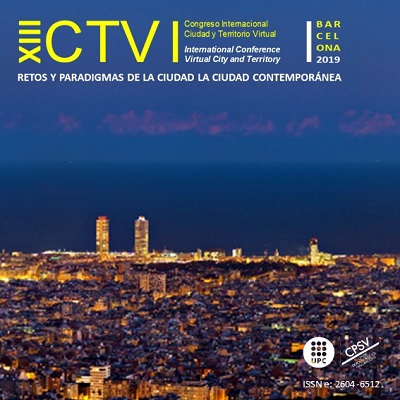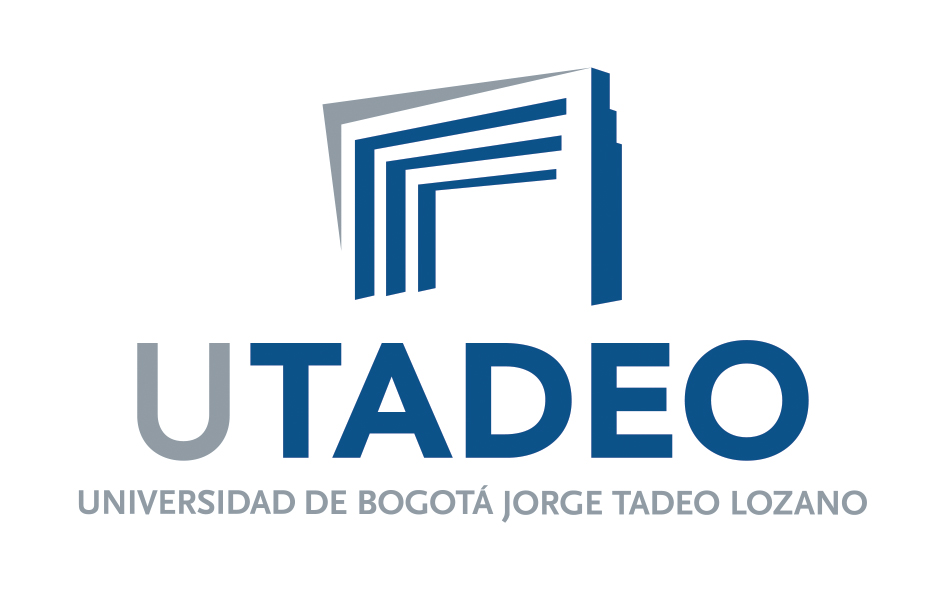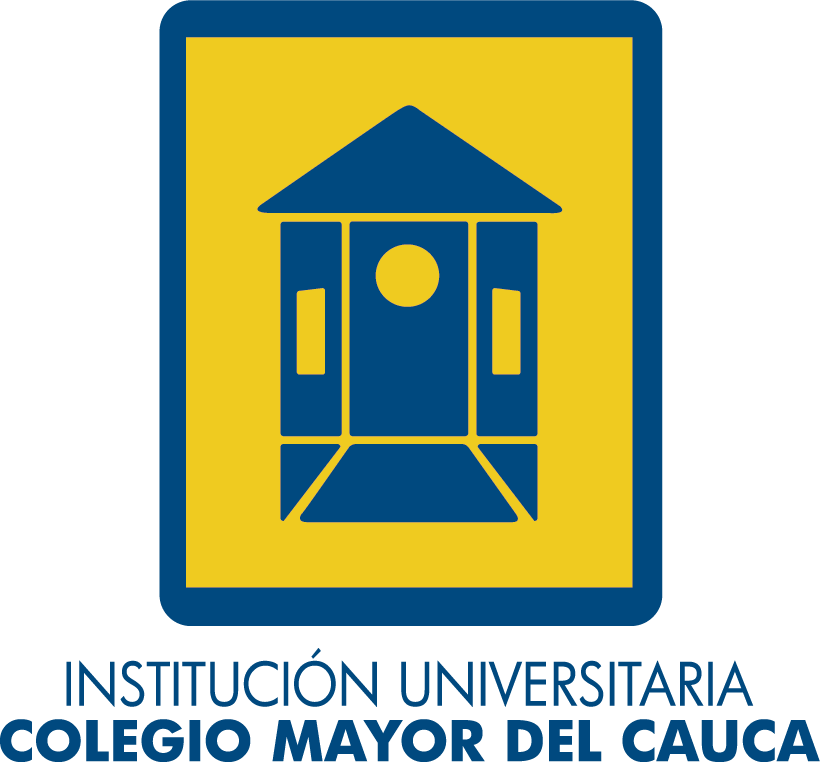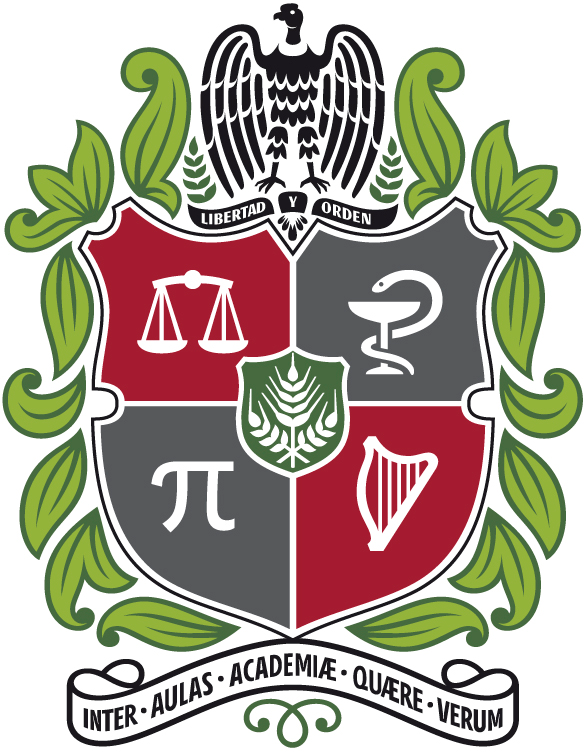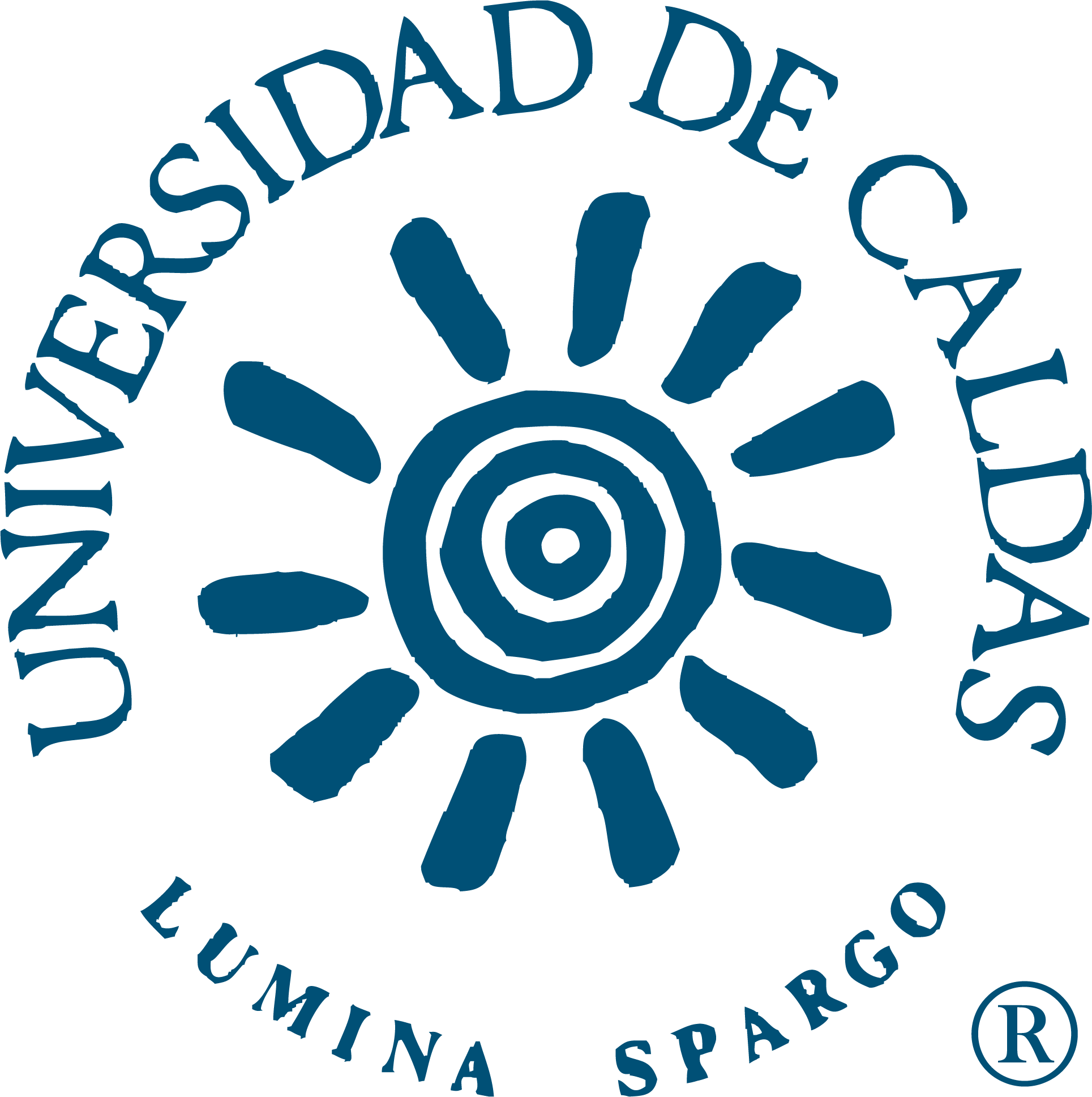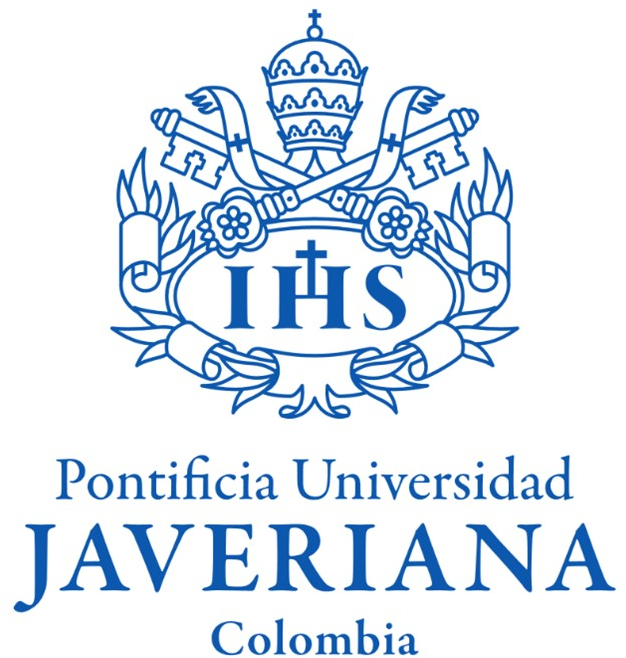Smart Management of Waste from Construction Sites: Mobile Application Technology in the City Manaus, Amazonas, Brazil
DOI:
https://doi.org/10.5821/ctv.8426Keywords:
sustainable construction, smart waste disposal, startup company of wasteAbstract
This study was carried out in the city of Manaus, Amazonas, Brazil, a municipality surrounded by the Amazon Rainforest. This world heritage site, with a great diversity of fauna and flora, requires the care and attention of both the authorities and the population. The research involved studies on four construction sites to collect data regarding the waste generated and the environmental management practices, especially regarding waste disposal, considering that this item causes major environmental impacts in the Amazon Forest surrounding the city of Manaus. There is only one public landfill, managed by the Municipality of Manaus, and several clandestine landfills, which end up being the final disposal of many construction waste due to lack of inspection and population neglect. The consequences are serious for the Amazon rainforest that suffers the impact of the pollution generated by these residues, such as plastic, paper, metal, and debris which is a major contaminant since it may contain paints, solvents, oils and other materials toxic to nature. Two of the construction sites under study were residential buildings and the other two were thermoelectric power plants (industrial). After data collection through interviews, statistical studies were carried out to analyze and discuss the results obtained, aiming to make the characterization of the current production of construction waste in the city of Manaus, Amazonas, Brazil, and understand how these wastes affect the environment of the Amazon Forest. The collected data enabled the identification of the types of construction waste produced, their respective volumes, and their environmental management practices regarding reuse, sale or disposal. After analyzing the results, it was concluded that the sampled construction companies do not reuse nor recycle construction waste, and discard them in municipal or clandestine landfills. To minimize the identified problem regarding the disposal of construction waste in the city of Manaus, a proposal for the environmental management of construction site waste was developed through mobile application technology, with the aim of mitigating the environmental impacts of these wastes in nature. The mobile application serves as a tool for environmental managers in construction sites, and even for citizens who want to make a renovation in their home and do not know how to allocate the generated construction waste in a responsible and sustainable way. The mobile application was developed on the Android platform and had as premises the main construction waste identified in the construction companies studied in the city of Manaus, which would be plastic, paper, metals, rubble, and demolition remains, such as broken bricks, broken tiles, damaged wood, coatings, paints, mortar and other debris, with potential for contamination and pollution of the environment. The structure of the computer program was developed in order to enable the purchase, sale, exchange, recycling or donation of construction waste through the mobile application itself, which can be acquired for free at the virtual stores. The application was tested by construction professionals, interested in the allocation of small or large amounts of construction waste in safe and legalized sites, controlled either by the municipal or federal government. The application was also presented to and tested by waste disposal companies and urban citizens, to verify the efficiency of the application in the intelligent management of construction waste. Although the application is still in the test phase and not yet commercially available, the results obtained so far demonstrate a higher degree of acceptability and user satisfaction. The results showed widespread interest in the mobile app among urban citizens, construction professionals and waste collection companies, although these latter reveal some concern regarding possible increased monitorization and fiscalization associated with a wider use of the mobile application in the urban area of the city Manaus.


